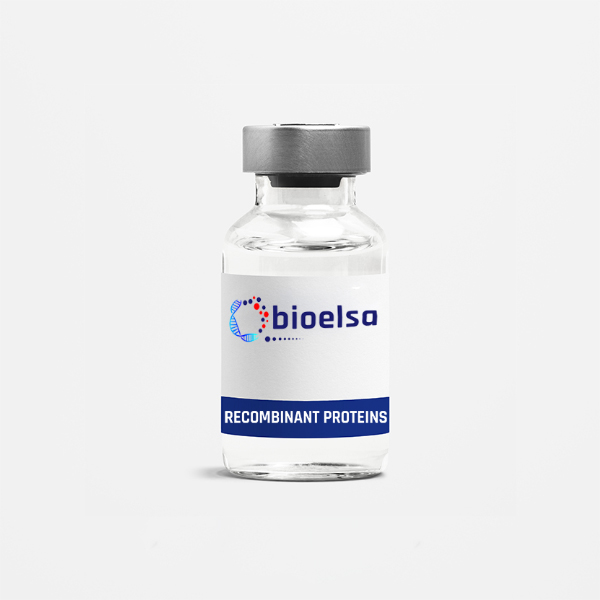| Gene ID |
650 |
| Accession | P12643 |
| Alternative Name | BMP-2, BMP-2A<br/>Recombinant Human Bone Morphogenetic Protein 2 (BMP2) |
| Species | Human |
| Source | E. coli |
| Description | BMPs are proteins that act to induce the differentiation of mesenchymal-type cells into chondrocytes and osteoblasts before initiating bone formation. They promote the differentiation of cartilage-forming cells and bone-forming cells near sites of fractures but also at ectopic locations. Some of the proteins induce the synthesis of alkaline phosphatase and collagen in osteoblasts. Some BMPs act directly on osteoblasts and promote their maturation while at the same time suppressing myogenous differentiation. Other BMPs promote the conversion of typical fibroblasts into chondrocytes and are capable also of inducing the expression of an osteoblast phenotype in non-osteogenic cell types. Intracellular signaling following engagement of receptors for some BMP proteins has been shown to involve the action of SMAD proteins. BMP-2 wild type binds to its cellular receptors via two distinct binding epitopes. The large epitope 1 is responsible for the high-affinity binding to the BMPR-IA receptor, the smaller epitope 2 provides the low-affinity binding to the receptor BMPR-II. Recombinant Human Bone Morphogenetic Protein-2 is a homodimeric, non-glycosylated polypeptide chain containing two 115 amino acid subunits with a total molecular mass of 26kDa. |
| Accession | P12643 |
| Functions | The ED50 as determined by its ability to induce alkaline phosphatase production by C2C12 myogenic cells was found to be less than 50 ng/mL |
| Formulation | Lyophilized from a 0.2 ?m filtered solution in 20 mM AcOH pH 6.5 |
| Solubility | A quick spin of the vial followed by reconstitution in distilled water to a concentration not less than 0.1 mg/mL. This solution can then be diluted into other buffers. |
| Appearance | Lyophilized Powder |
| Molecular Weight | 26 |
| Purity | >95% as determined by SDS-PAGE |
| Concentration | <1.0 EU/μg of recombinant protein as determined by the LAL method |
| Shipping Condition | Ambient Temperature |
| Storage Condition | The lyophilized protein is stable for at least one year from date of receipt at -70?C. Upon reconstitution, this cytokine can be stored in working aliquots at 2? - 8?C for one month, or at -20?C for six months, with a carrier protein without detectable loss of activity. Avoid repeated freeze/thaw cycles. |
